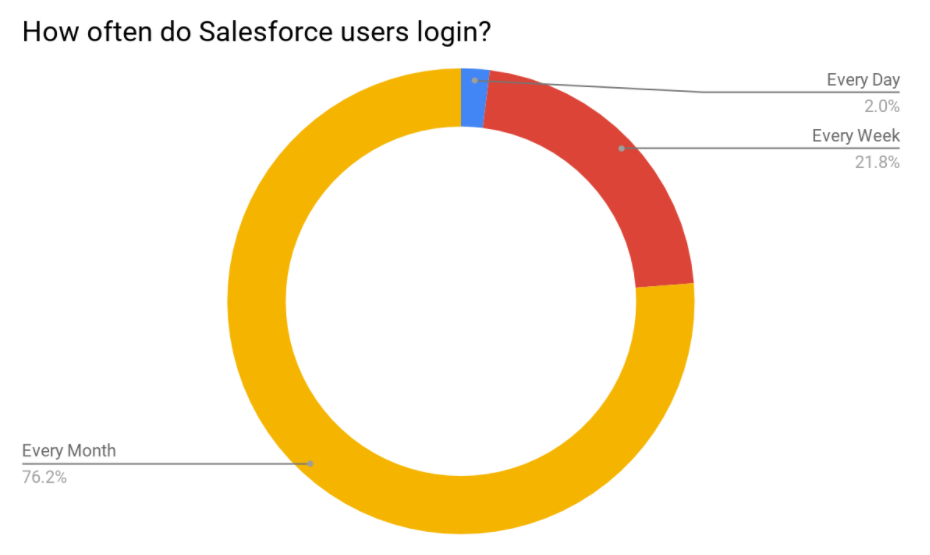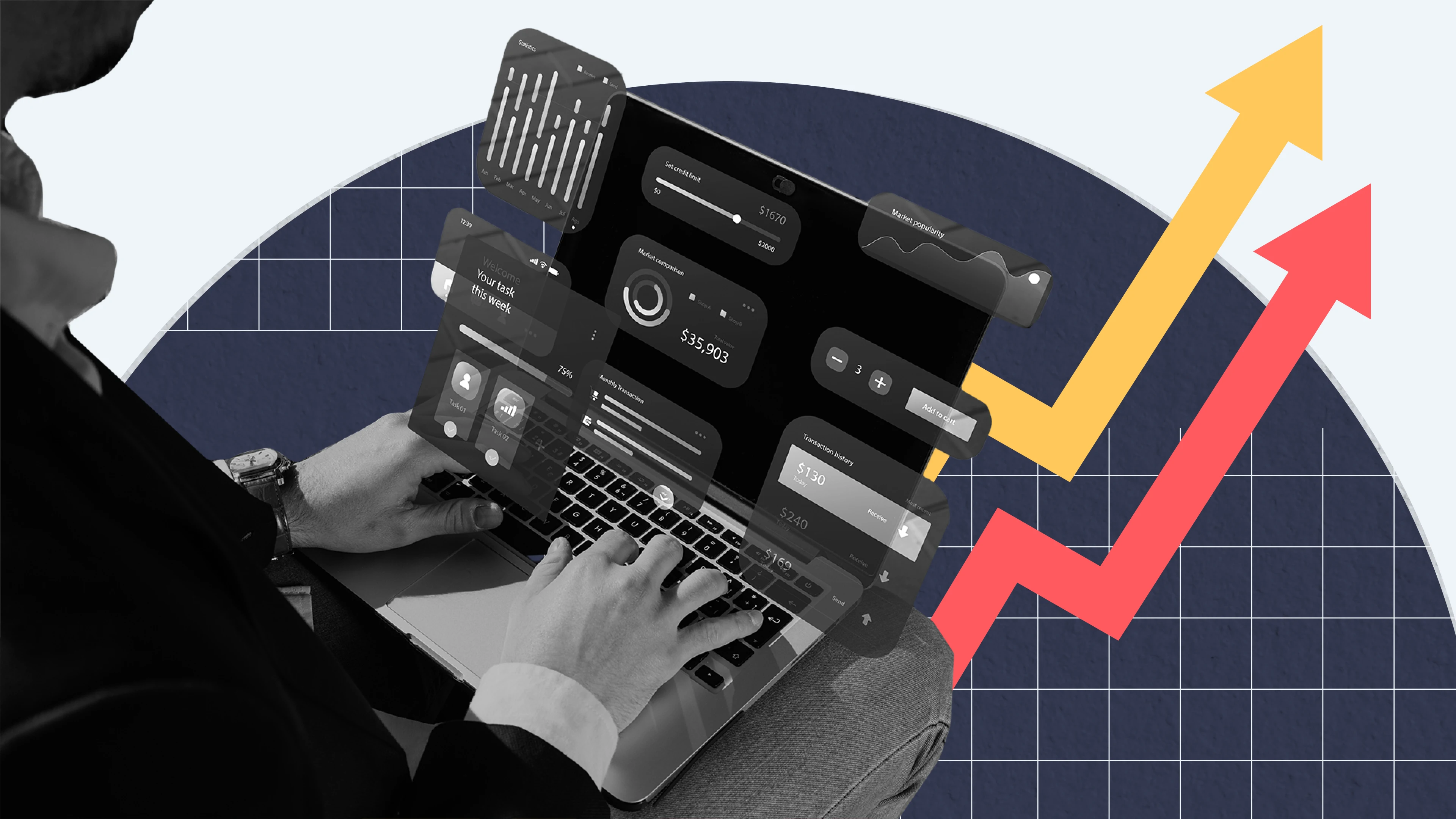If you have a sales team, you surely must have a CRM as well. And you belong to the 75% of the companies which have adopted one. However, let’s take a step back and understand why a CRM is needed in the first place. The reasons listed below are grossly why any company chooses to implement a CRM:
- Customer loyalty
- Shorter sales cycle
- Cross-selling
- Increase in efficiency of sales team
- Data management
- Subsequently, business impact
After the need is identified, weeks and sometimes months are invested in choosing the right CRM. After which, a few more weeks are invested in implementing it. However, even after implementing the CRM in the best possible way, only 19% of the businesses have reported a somewhat positive business impact. Why is this number so low?
The key to the question lies in the adoption of the CRM by the people who actually use it. The ‘doers’ of your organization – the field sales executives. Let’s us understand what their life looks like:
A sales rep’s entire focus in on closing the deal that is going to earn him/her the sweet commission. His focus is what earns you your customers and every sales executive has his or her way of dealing with the prospects. This means CRM engagement is going to be a gripping problem across industries. Let’s look at what your sales rep actually thinks of the CRM you chose after so much contemplation:
“Ugh, another one of management’s whims.”
Every sales manager must have heard these whispers as soon as a CRM is introduced. The decision to implement it has come from the top management. The sales manager gets a mail one fine day that his/her team has to start using it and to show their support – he/she will break the news to the team. He nor his team have any clue about why the CRM is needed in the first place. About 65% of the managers have reported that adoption of Salesforce is poor which is one of the top CRMs currently.
“This quarter’s target is already steep and now added work. Great.”
 The sales executives are always on the run and especially so when the month end approaches. They have their heart set on the commission that they were hoping to take home that month. For them ‘time is literally money’. For them to add another component of work seems like asking a lot. A lot of times the sales reps barely login to their CRMs.
The sales executives are always on the run and especially so when the month end approaches. They have their heart set on the commission that they were hoping to take home that month. For them ‘time is literally money’. For them to add another component of work seems like asking a lot. A lot of times the sales reps barely login to their CRMs.
“Why do I need this? I have my own ways.”
Change is always met with resistance. Following a long and tedious process for every lead that comes in can become cumbersome. The trainings conducted don’t usually encompass the necessities and benefits of using a CRM. The larger picture that you see is lost on the ones down in the hierarchy. As a result of which the users end up feeding incorrect data to the system and compromising the quality of the outputs. Over 80% of the users have reported inaccuracy of the data in Salesforce.
“I hate it! Why is it so complicated?”
Let’s face it. The CRMs are not exactly user-friendly. They already had a way of doing things before you introduced it and now it just seems like an atrocity. The sales team is always going to complain about “too many columns” or “too many clicks”. The people who made this system did keep the end user in mind and how little patience they have or even how to optimize it for their work lifestyle.
In the last few years, there hasn’t been a great revolution in the field of sales. Reps have been following the age-old systems of maintaining diaries, cold calling and spending time doing manual work. Fortunately, technology has taken a turn for the better. The efficiency of the efforts taken by the sales reps can be measured better as well as improved. It is time management adapts to the changing times and offer their teams better tools to aid their work.




Nice article, thanks for sharing this. If you know people doing cloud retail for their business refers to the practice of using cloud computing technology to deliver retail services to customers. This involves the use of a variety of software applications, including inventory management, customer relationship management, and point of sale systems, which can be accessed from anywhere via the internet. One of the key components of cloud retail is an enterprise resource planning (ERP) system, which provides a comprehensive suite of business management tools to retailers. A Sistem erp can help retailers to manage their inventory, sales, and financial data, as well as provide real-time insights into customer behavior and market trends.